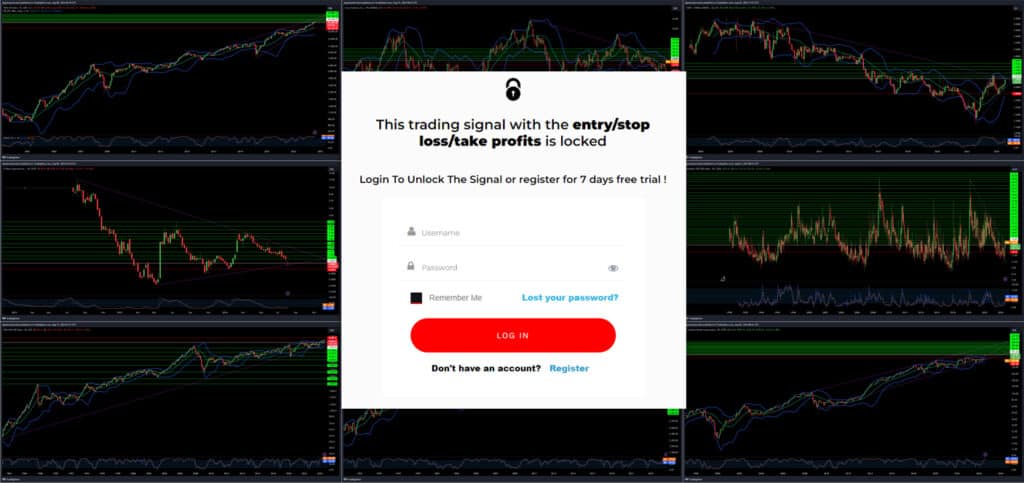The impact of war on the economy sparks much debate. By looking at data from various sources, we can study this effect. For example, the Institute for Economics and Peace and studies on government spending in times of war. These sources show how wars like World War II or conflicts in Iraq and Afghanistan shape the U.S. economy.
During war, government spending rises significantly. This affects many economic aspects like GDP, public debt, and taxation. It can boost employment and stimulate the economy. Yet, it leads to downsides like more debt, less investment, and increased inflation. Paying for wars through debt and taxes influences the economy for a long time. It can impact GDP growth and stock markets differently over time.
Understanding how war and the economy are linked is crucial. It helps us see the outcomes of government decisions in war times.
Key Takeaways:
- War notably changes the economy, affecting many elements like GDP and taxation.
- More spending on the military can boost jobs and the economy, but it comes with risks like growing debt and less investment.
- Today’s economy can still be affected by how wars were paid for, showing mixed effects on GDP and stock markets.
- Studying the ties between war and the economy helps us see the long-term effects of government actions during conflicts.
- During conflicts, government spending can bring both good and bad economic impacts.
The Economic Setbacks of the Iraq and Afghanistan Wars
The Iraq and Afghanistan wars hurt the U.S. economy. The government spent a lot on these wars, causing a loss in public investment. Money could have gone to education, health, or green energy, creating over 1.4 million jobs.
A big amount was also spent on military equipment. This money could have improved the country’s roads and water systems. These investments would have made the economy and people’s lives better.
The wars were funded by taking on more debt. This debt made it more expensive for the government to borrow money. It decreased the government’s power to spend on important areas. This limited job creation and slowed economic growth.
Spending on public infrastructure is vital for growing the economy and adding jobs. But, this was slowed down because of the war-related costs. So, things like roads, schools, and water systems didn’t get the needed attention. This has affected the economy and daily life for many.
There should be a close look at the costs and gains of investing in the military versus other areas like education or infrastructure. To boost the economy long-term, we need to see what investments bring more jobs. By focusing on public projects, the government can make the economy better, create more jobs, and help people live better.
Comparison of Investment Opportunities
| Investment Sector | Job Creation Potential | Economic Impact |
|---|---|---|
| Public Infrastructure | High | Stimulates local economy, improves transportation, and public services |
| Educational Services | High | Investment in education leads to skilled workforce and long-term economic growth |
| Healthcare | Medium | Creation of healthcare jobs and improved access to medical services |
| Military Operations | Medium | Job creation within the defense industry, but limited long-term economic impact |
| Green Energy | High | Investment in renewable energy sources for sustainable economic growth |
Redirecting resources to public projects and other key sectors could have made the economy better and steadier. Facing the financial cost of these wars helps us make smarter choices on how to use our resources. It pushes us to think about the long-term financial health of our country.
War and the Stock Market: A Closer Look
Wars and conflicts can affect the stock market right away and for a long time. When war starts or is expected, there might be initial panic and selling of stocks. But history tells us that stock markets usually bounce back and stay strong.
Looking at the past, big wars like World War II or more recent ones in the Middle East did not hurt stock markets too much. They also didn’t slow down economic growth. Once the fighting stops or the situation gets clearer, stock markets tend to recover fast.
During war, defense stocks often do well. And if a conflict makes oil and other commodity prices go up, energy companies may also see benefits. But if a war disrupts oil supplies a lot, it can hit the stock market hard, especially the prices of oil and commodities.
The link between war and the stock market is not simple. Mostly, stock markets ignore the effects of war and stay strong with time.
FAQ
What is the impact of war on the economy?
How have the Iraq and Afghanistan wars affected the United States economically?
Can wars have an impact on the stock market?
Do wars result in long-term impacts on the stock market?
Source Links
- https://www.economicsandpeace.org/wp-content/uploads/2015/06/The-Economic-Consequences-of-War-on-US-Economy_0.pdf
- https://watson.brown.edu/costsofwar/costs/economic/economy
- https://www.investopedia.com/solving-the-war-puzzle-4780889
Disclaimer
All information on this website is of a general nature. The information is not adapted to conditions that are specific to your person or entity. The information provided can not be considered as personal, professional or legal advice or investment advice to the user.
This website and all information is intended for educational purposes only and does not give financial advice. Signal Mastermind Signals is not a service to provide legal and financial advice; any information provided here is only the personal opinion of the author (not advice or financial advice in any sense, and in the sense of any act, ordinance or law of any country) and must not be used for financial activities. Signal Mastermind Signals does not offer, operate or provide financial, brokerage, commercial or investment services and is not a financial advisor. Rather, Signal Mastermind Signals is an educational site and a platform for exchanging Forex information. Whenever information is disclosed, whether express or implied, about profit or revenue, it is not a guarantee. No method or trading system ensures that it will generate a profit, so always remember that trade can lead to a loss. Trading responsibility, whether resulting in profits or losses, is yours and you must agree not to hold Signal Mastermind Signals or other information providers that are responsible in any way whatsoever. The use of the system means that the user accepts Disclaimer and Terms of Use.
Signal Mastermind Signals is not represented as a registered investment consultant or brokerage dealer nor offers to buy or sell any of the financial instruments mentioned in the service offered.
While Signal Mastermind Signals believes that the content provided is accurate, there are no explicit or implied warranties of accuracy. The information provided is believed to be reliable; Signal Mastermind Signals does not guarantee the accuracy or completeness of the information provided. Third parties refer to Signal Mastermind Signals to provide technology and information if a third party fails, and then there is a risk that the information may be delayed or not delivered at all.
All information and comments contained on this website, including but not limited to, opinions, analyzes, news, prices, research, and general, do not constitute investment advice or an invitation to buy or sell any type of instrument. Signal Mastermind Signals assumes no responsibility for any loss or damage that may result, directly or indirectly, from the use or dependence on such information.
All information contained on this web site is a personal opinion or belief of the author. None of these data is a recommendation or financial advice in any sense, also within the meaning of any commercial act or law. Writers, publishers and affiliates of Signal Mastermind Signals are not responsible for your trading in any way.
The information and opinions contained in the site are provided for information only and for educational reasons, should never be considered as direct or indirect advice to open a trading account and / or invest money in Forex trading with any Forex company . Signal Mastermind Signals assumes no responsibility for any decisions taken by the user to create a merchant account with any of the brokers listed on this website. Anyone who decides to set up a trading account or use the services, free of charge or paid, to any of the Broker companies mentioned on this website, bears full responsibility for their actions.
Any institution that offers a service and is listed on this website, including forex brokers, financial companies and other institutions, is present only for informational purposes. All ratings, ratings, banners, reviews, or other information found for any of the above-mentioned institutions are provided in a strictly objective manner and according to the best possible reflection of the materials on the official website of the company.
Forex/CFD trading is potentially high risk and may not be suitable for all investors. The high level of leverage can work both for and against traders. Before each Forex/CFD investment, you should carefully consider your goals, past experience and risk level. The opinions and data contained on this site should not be considered as suggestions or advice for the sale or purchase of currency or other instruments. Past results do not show or guarantee future results.
Neither Signal Mastermind Signals nor its affiliates ensure the accuracy of the content provided on this Site. You explicitly agree that viewing, visiting or using this website is at your own risk.



